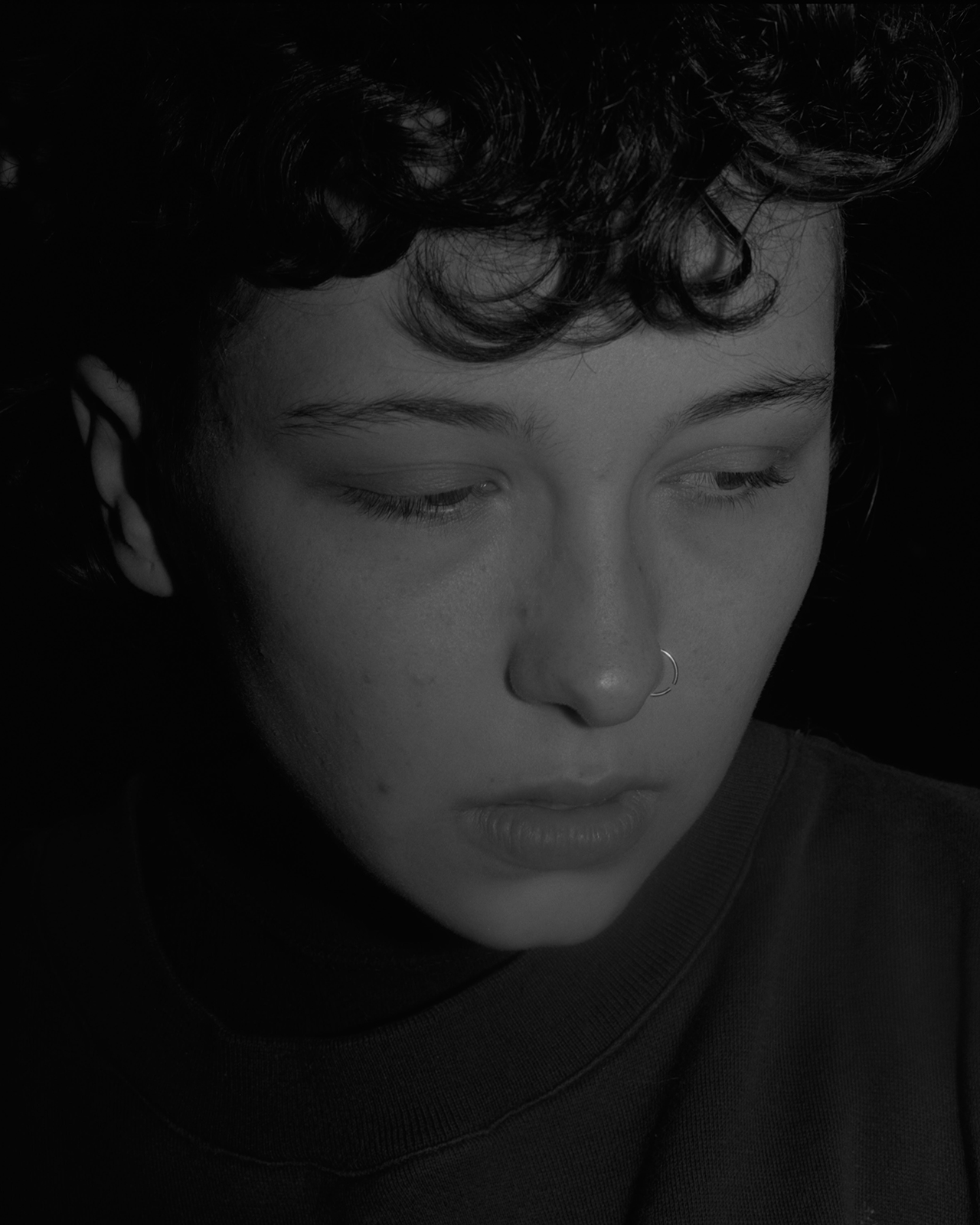
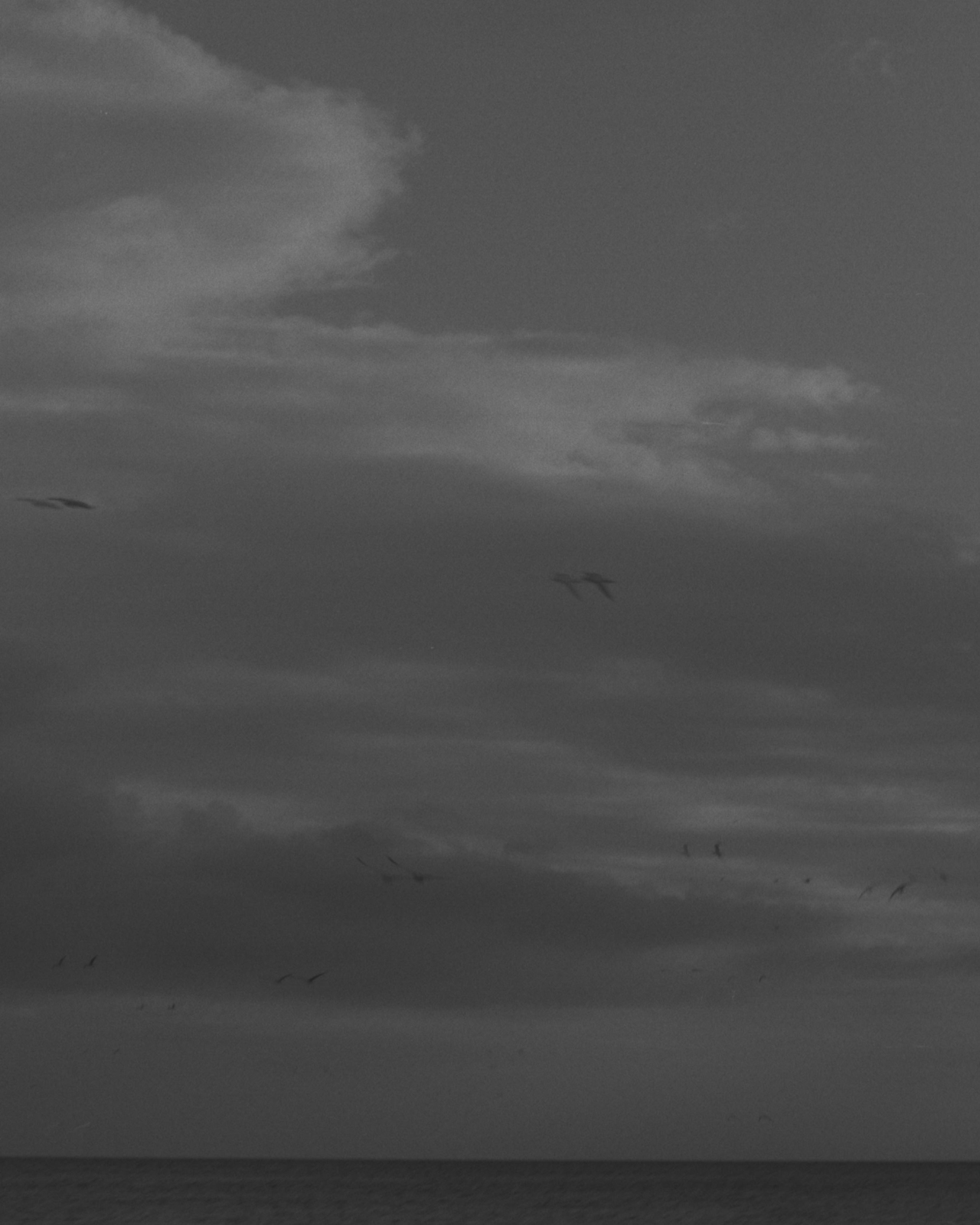
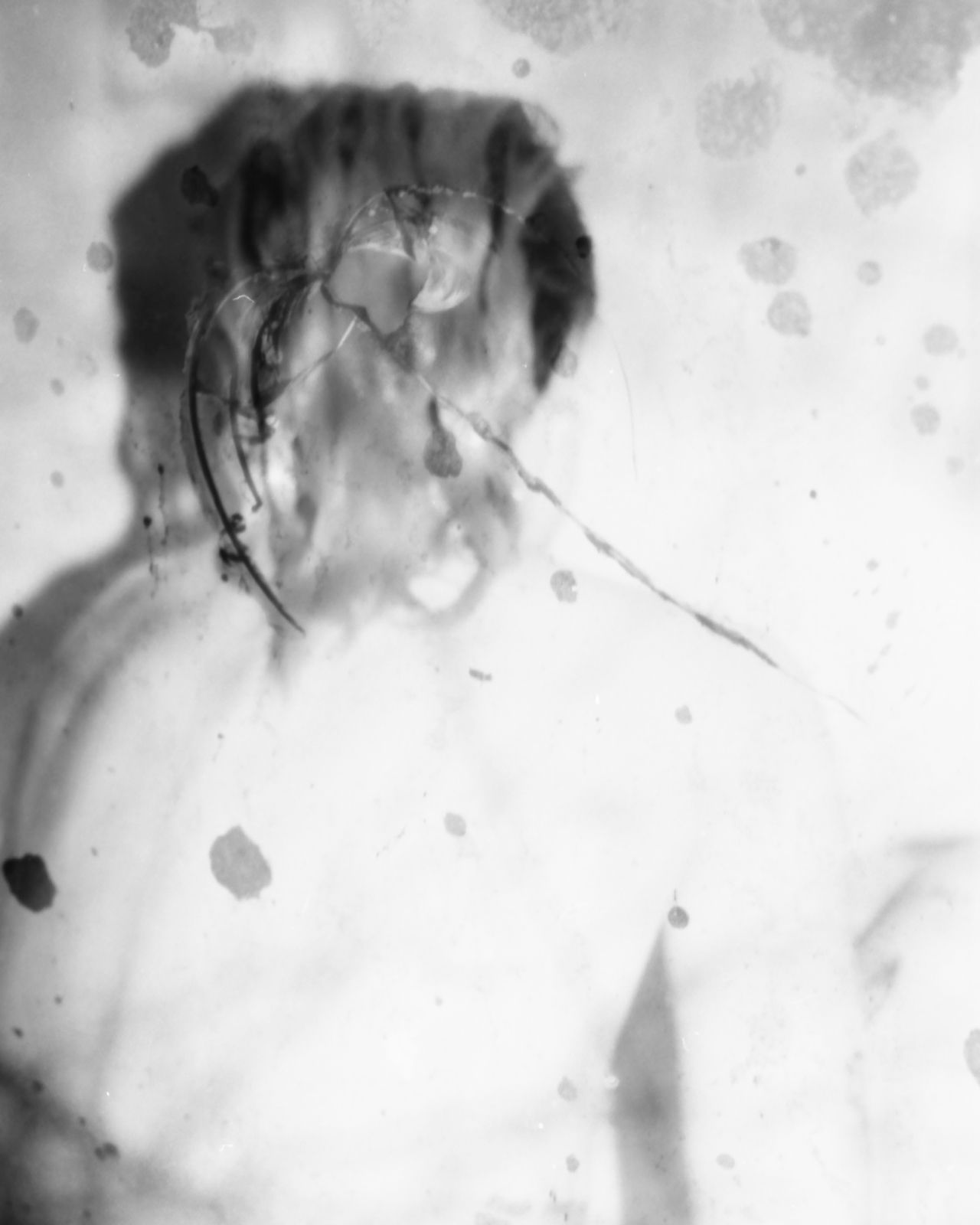
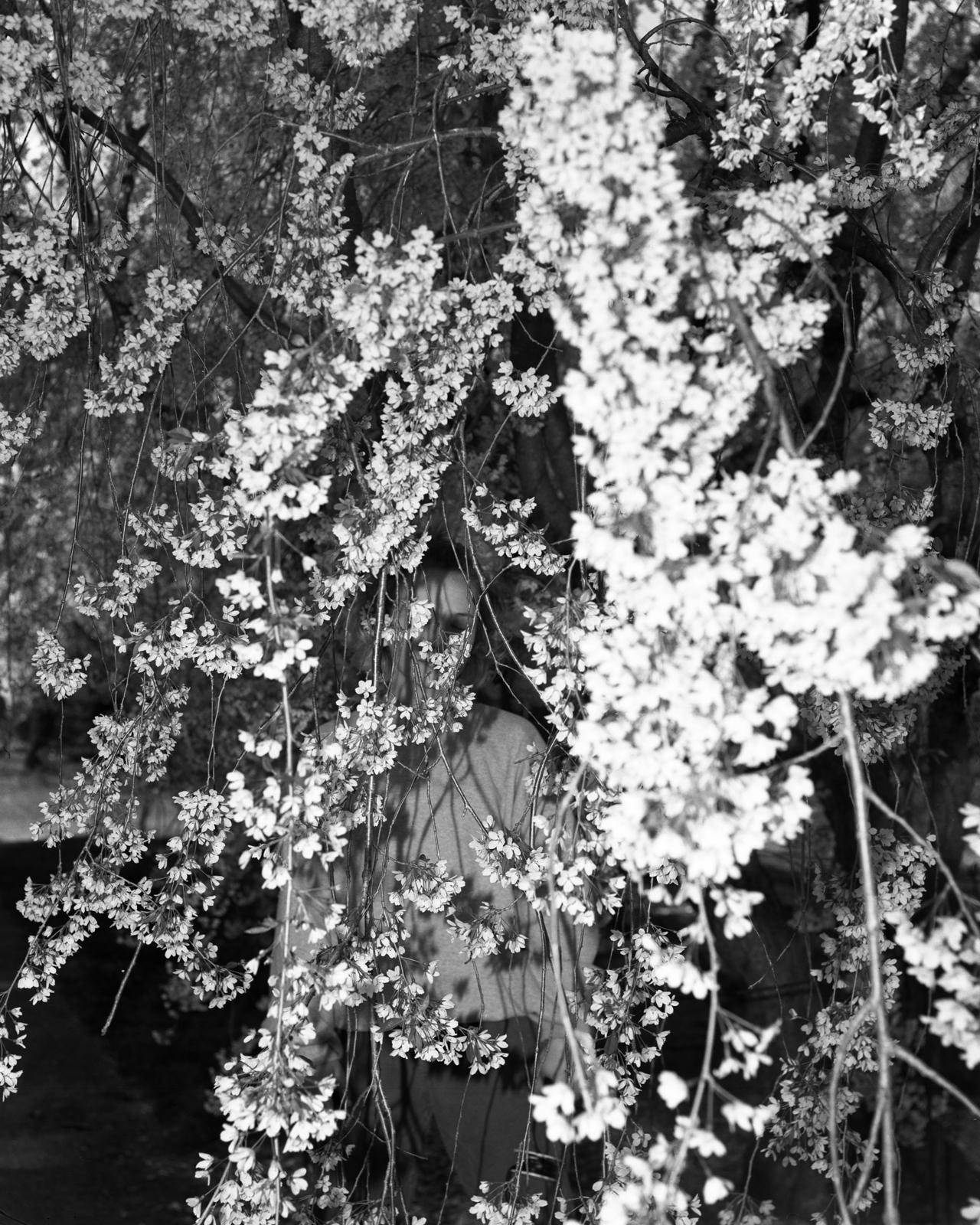
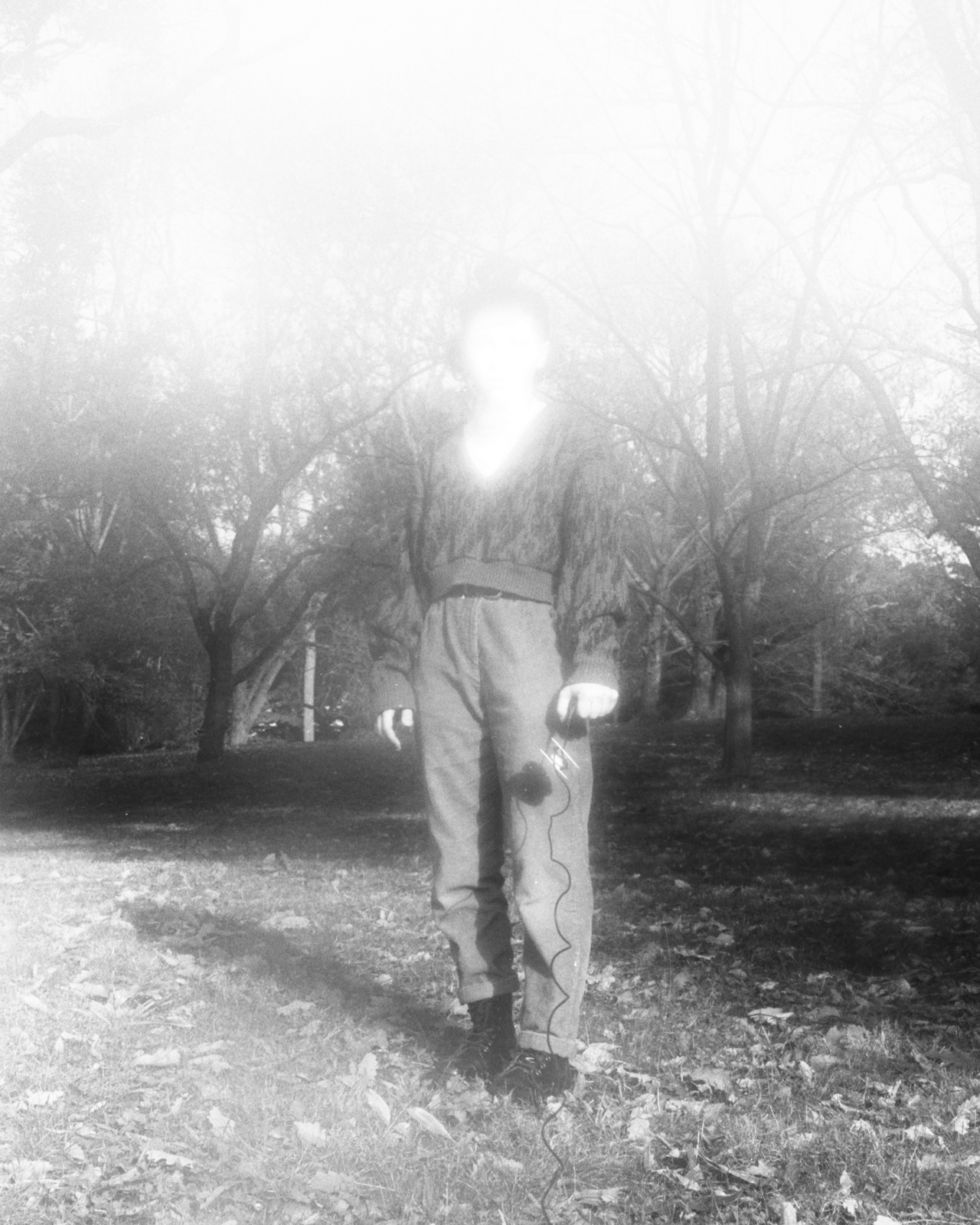
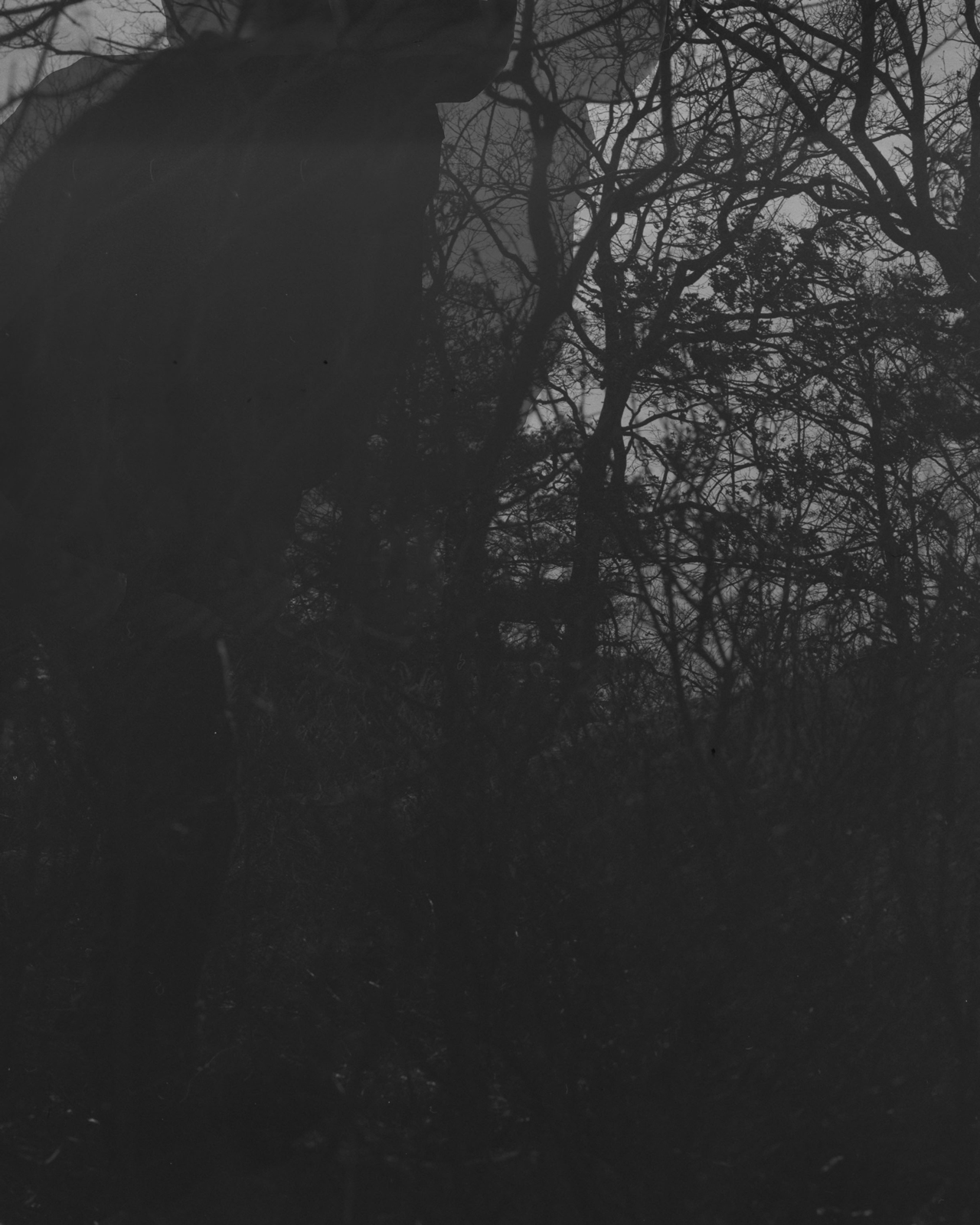
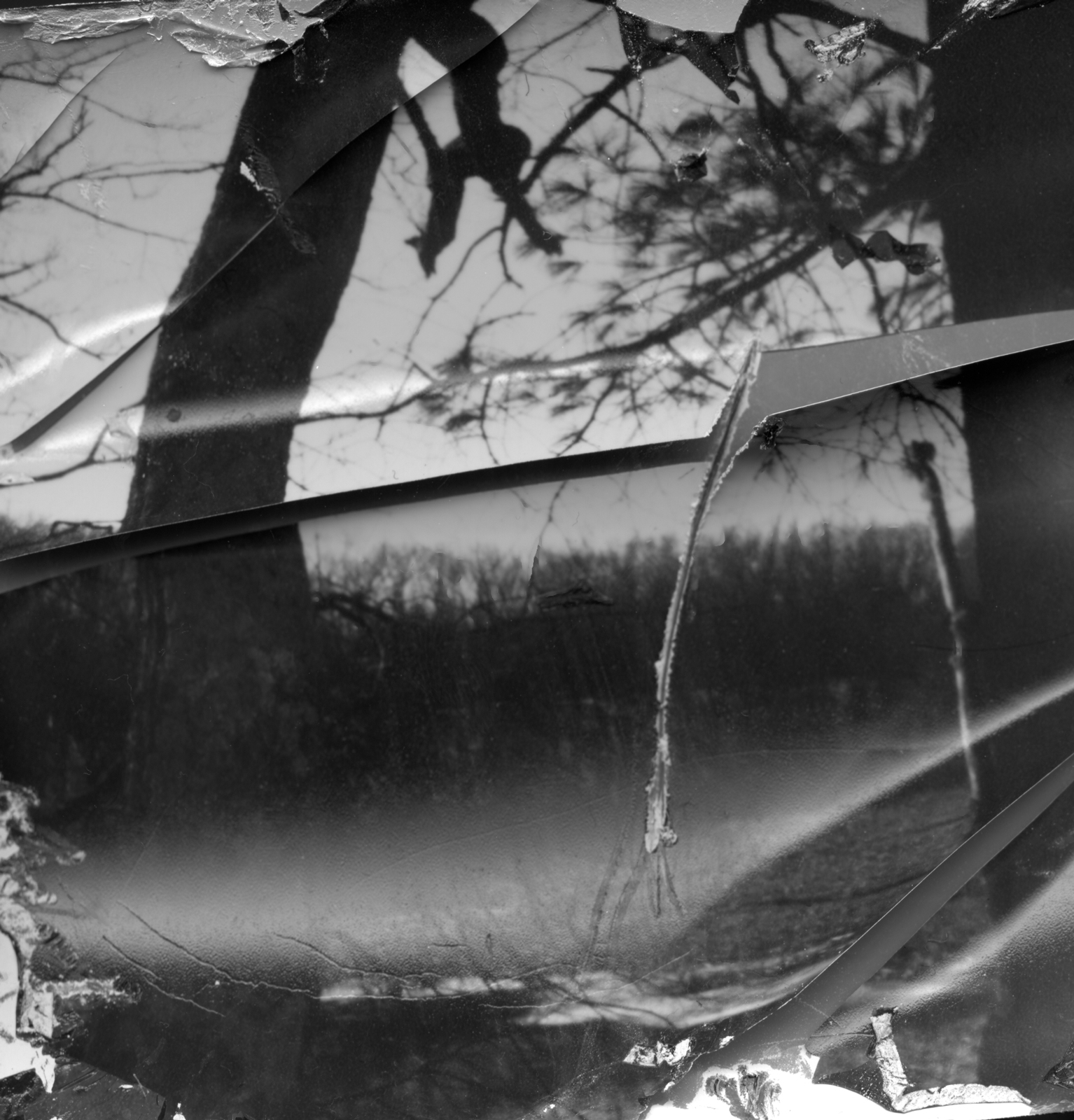
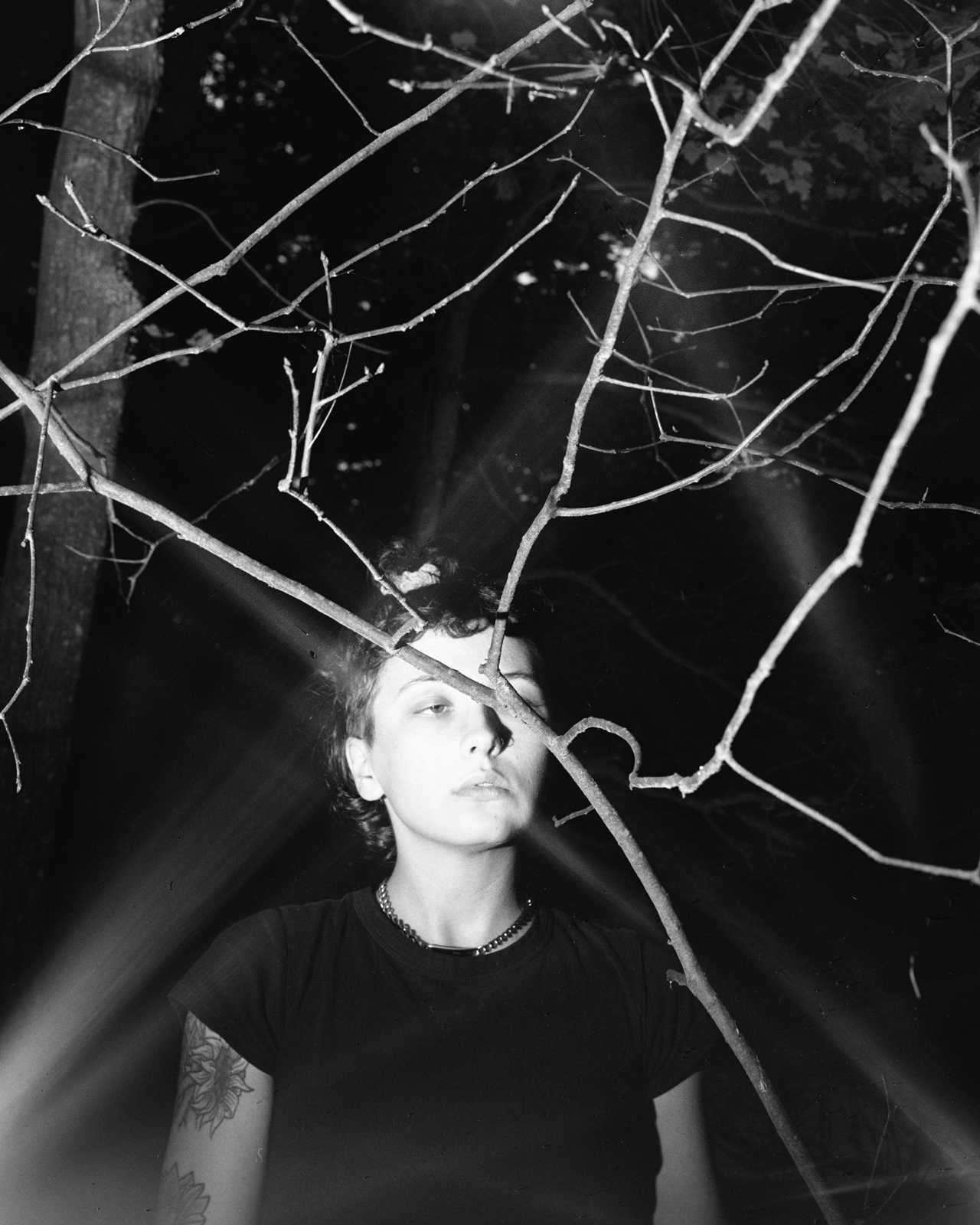
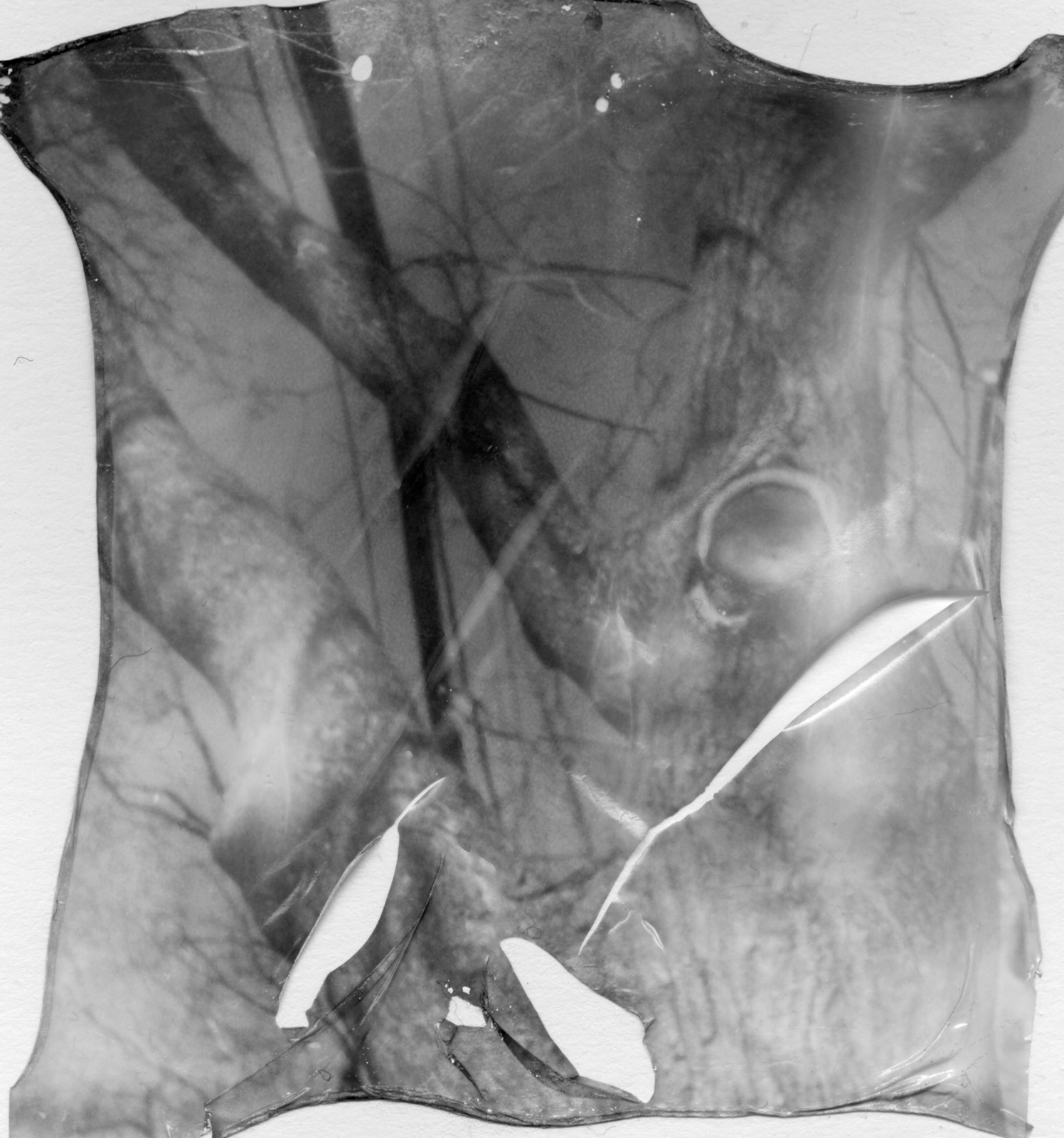
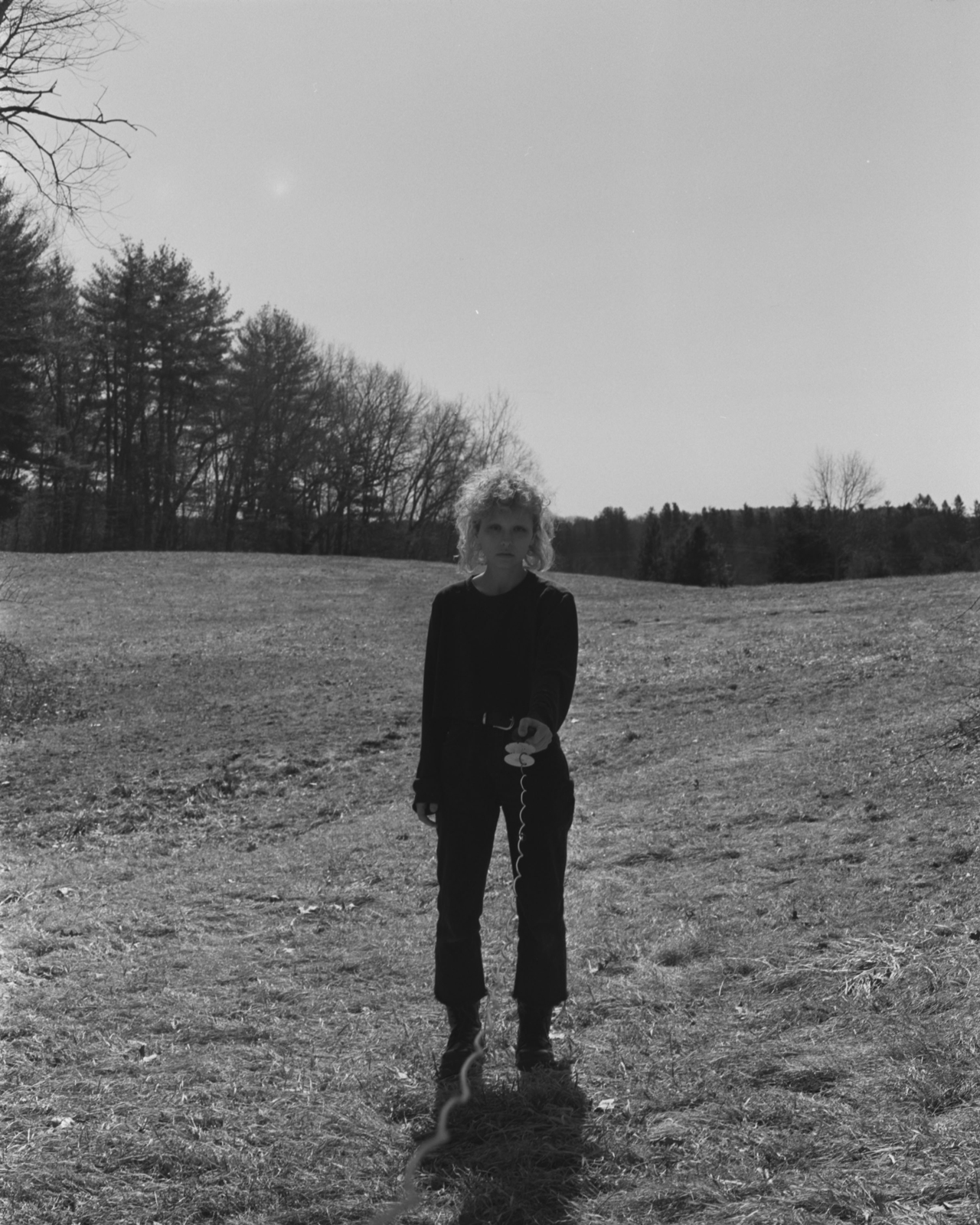
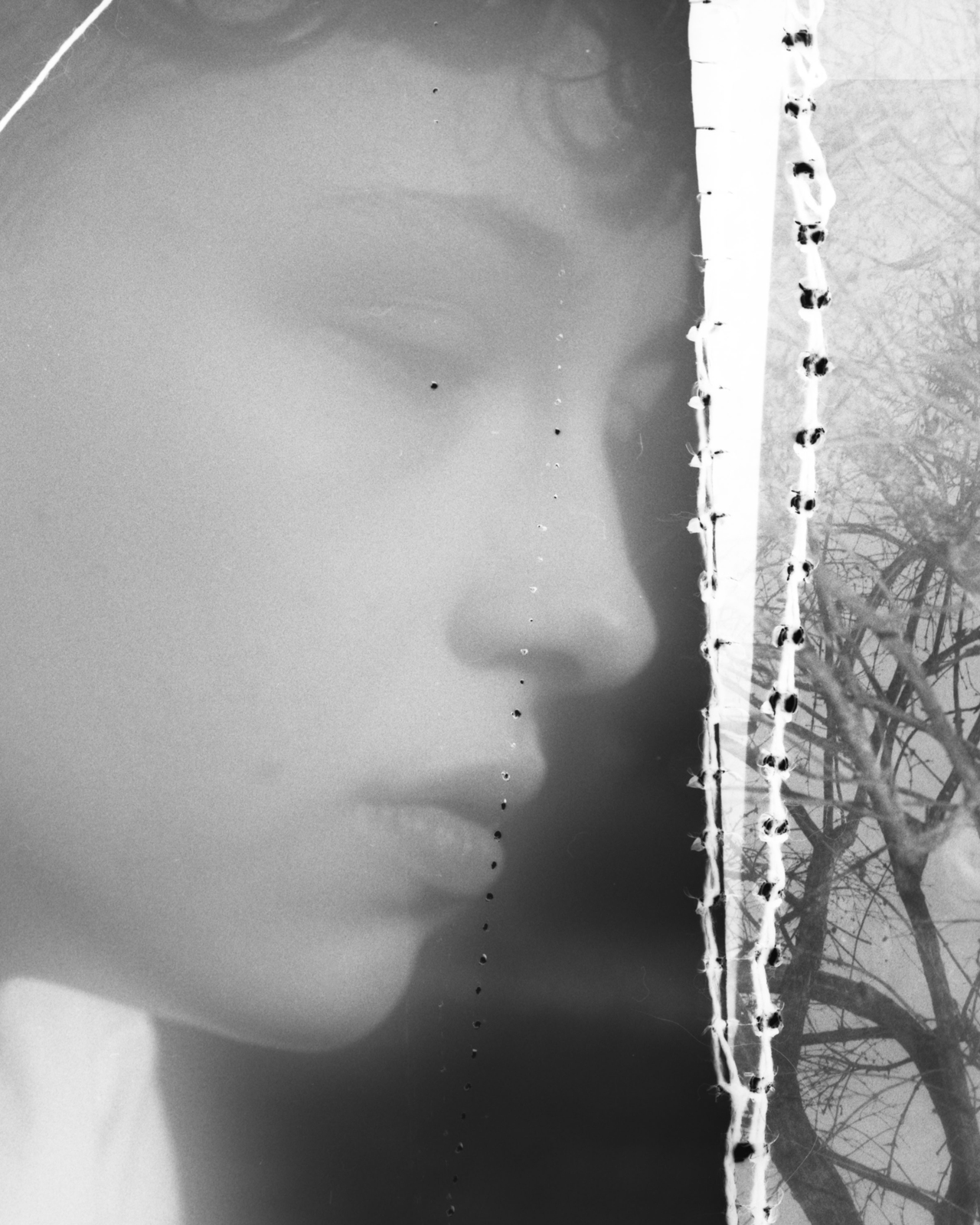
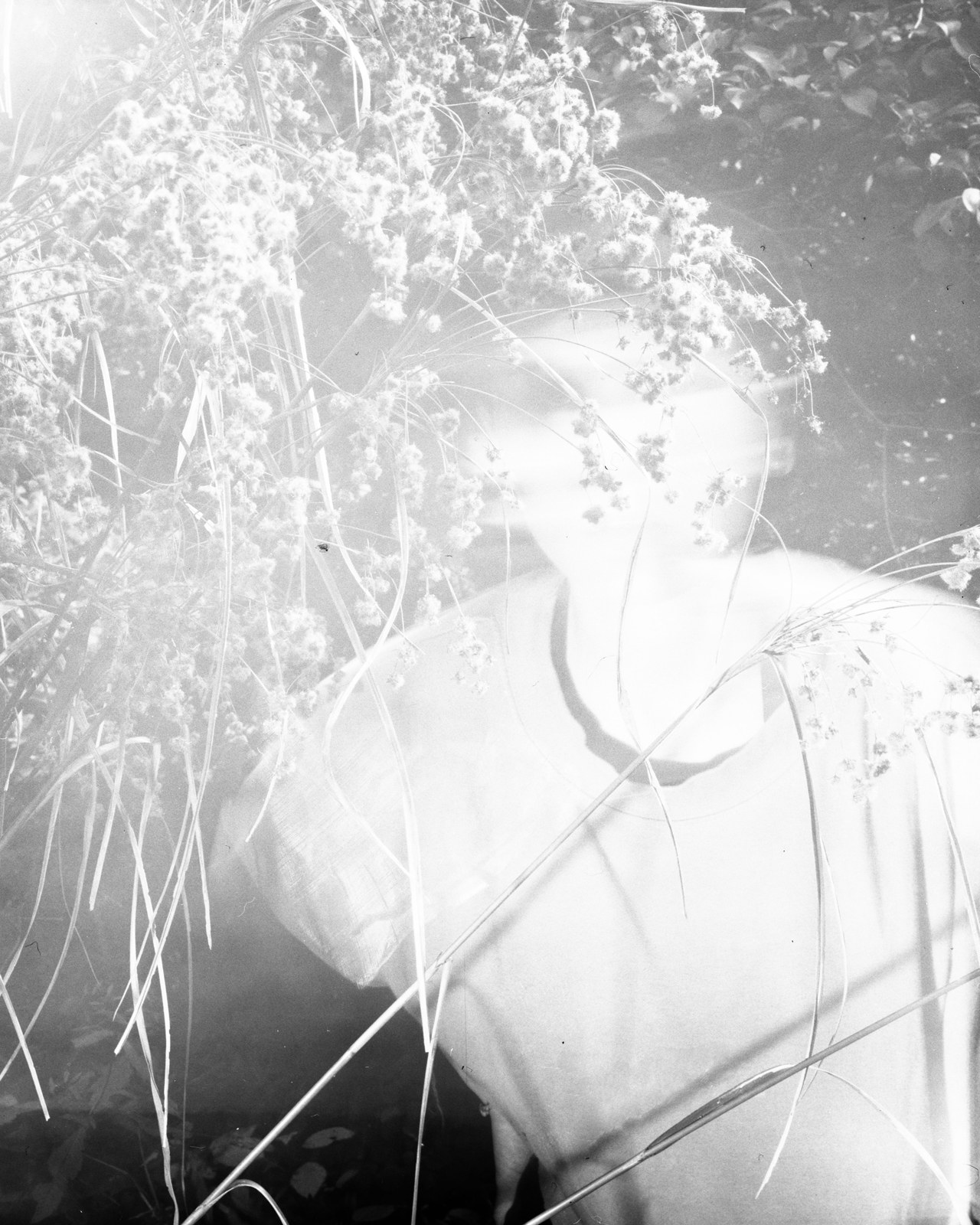
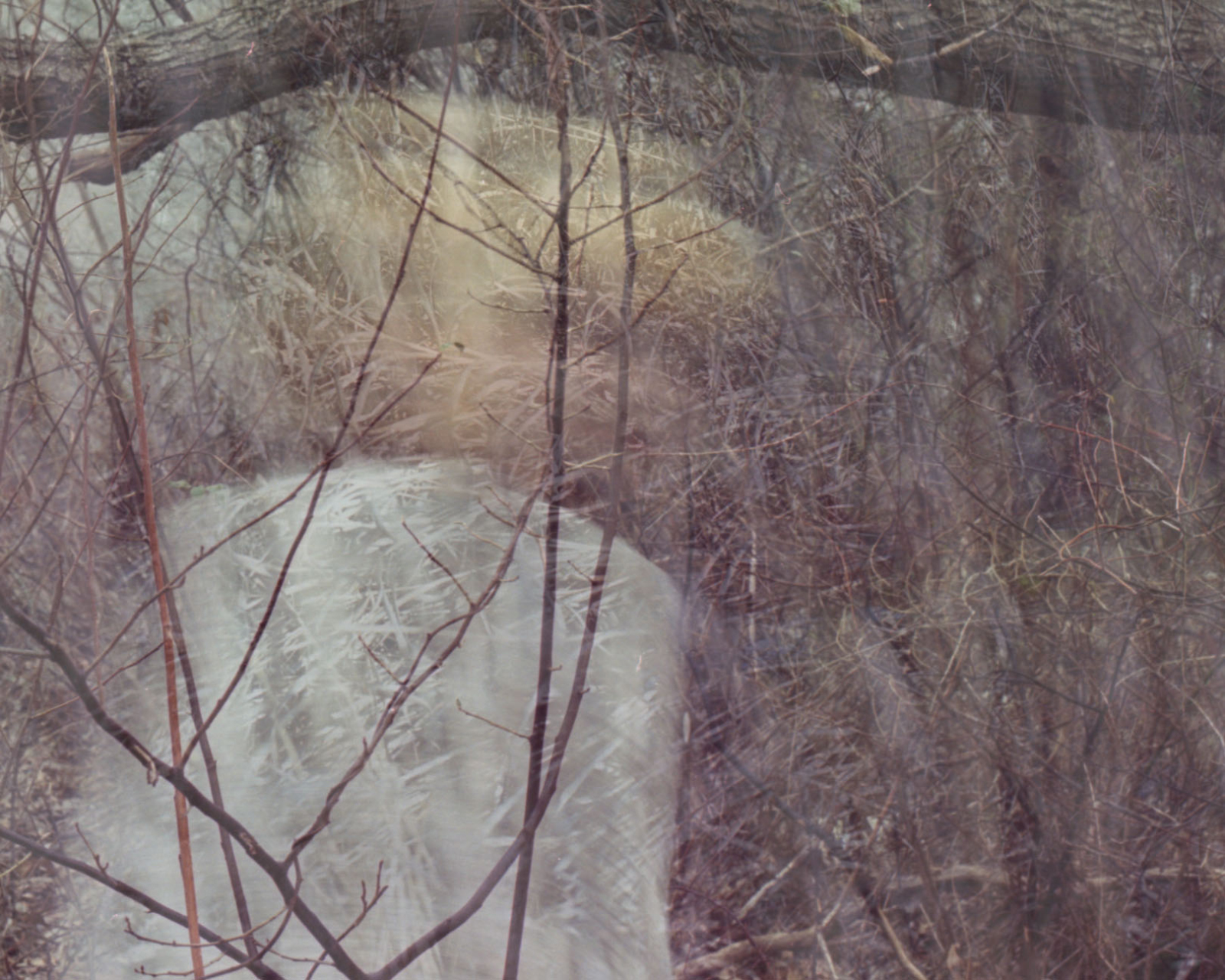
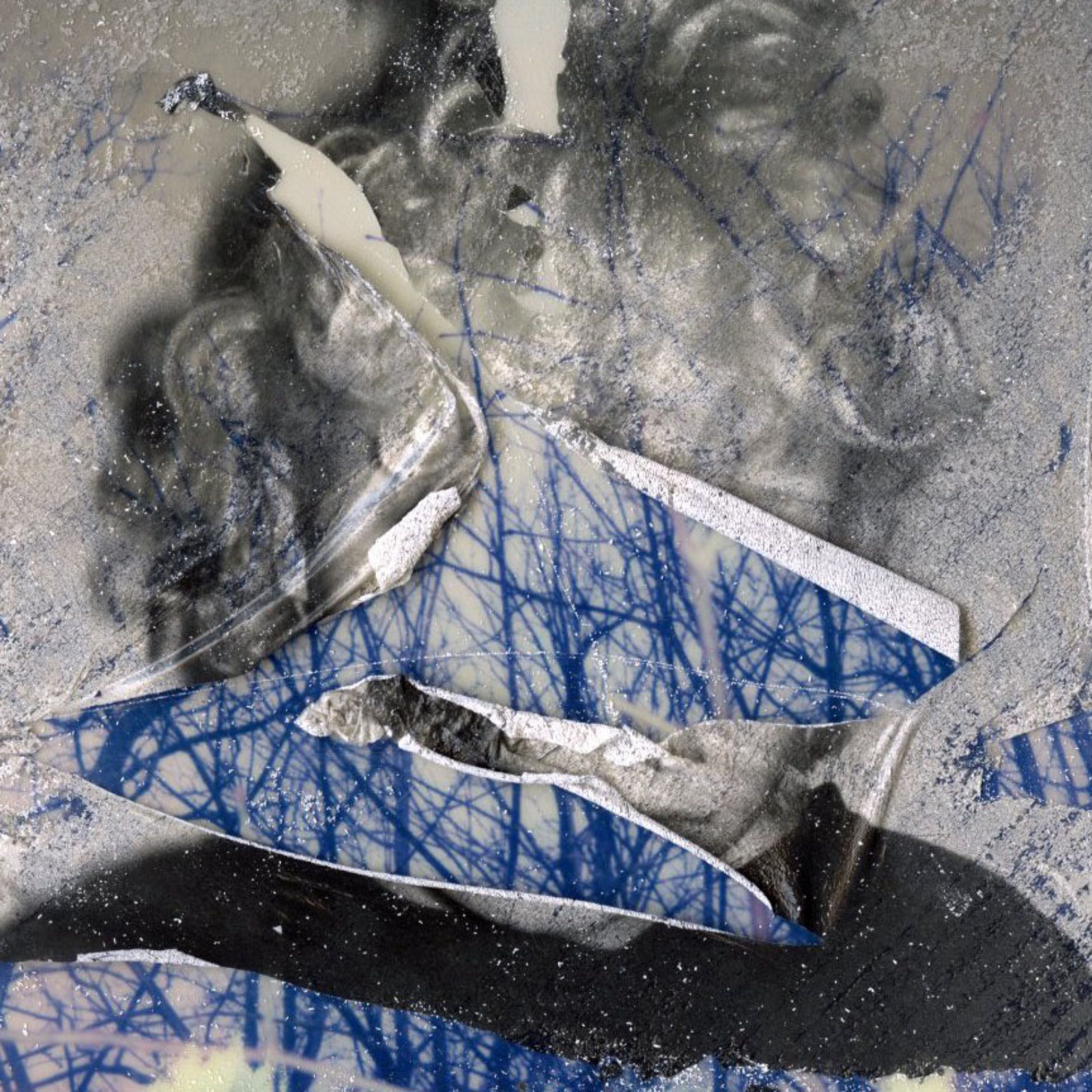
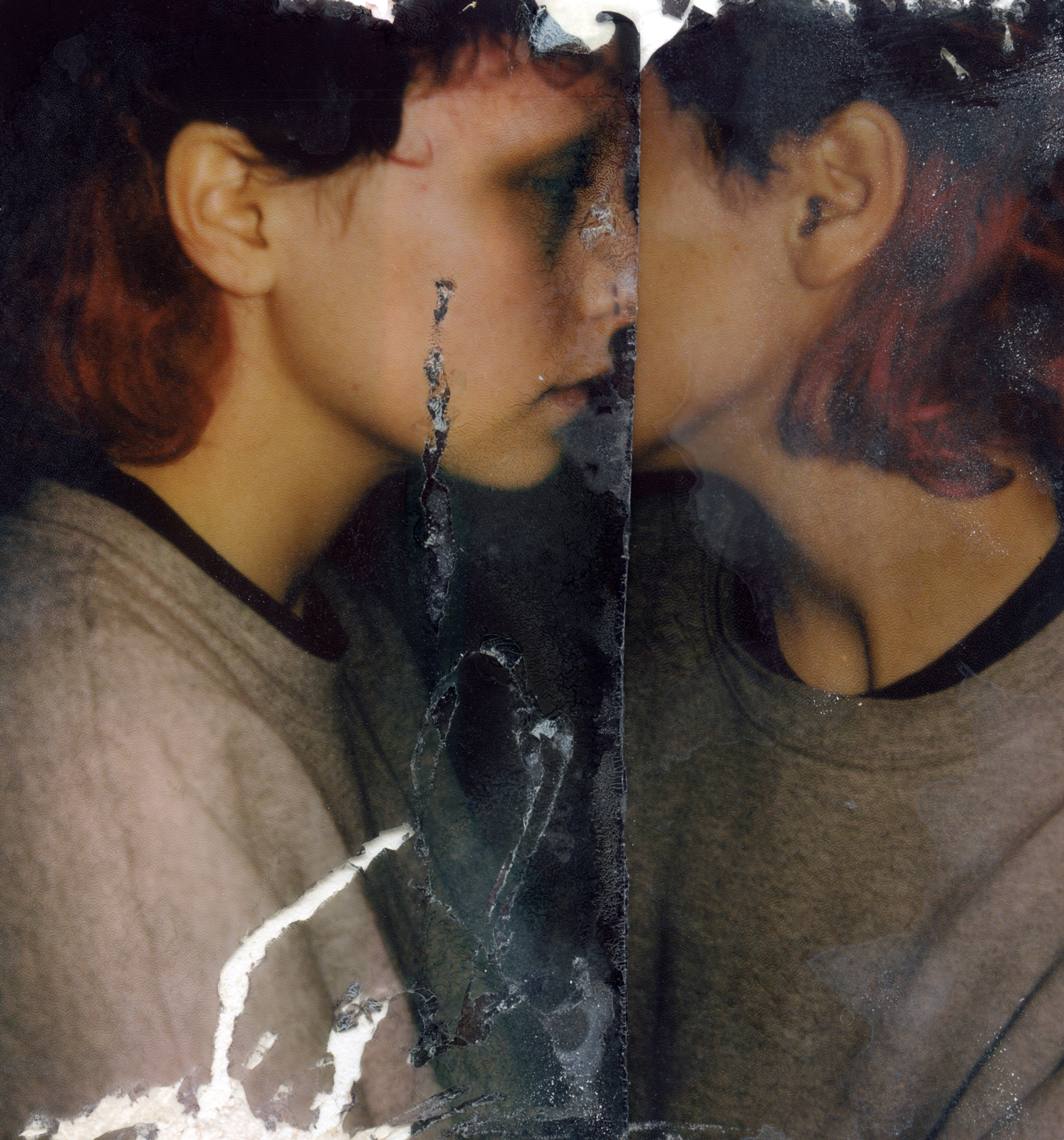
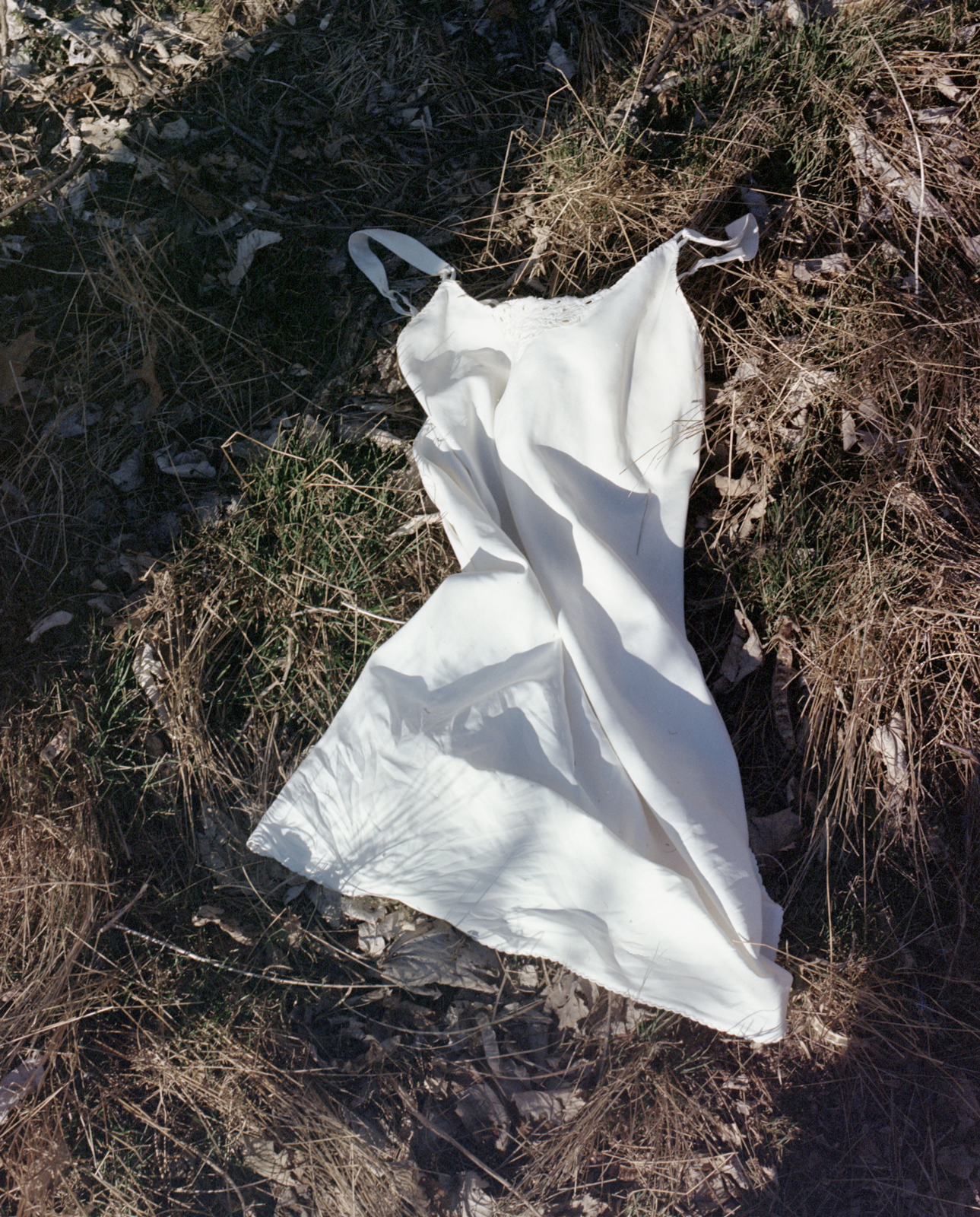
















biography
Marina Sullivan (they/them, b. 1999) uses self portraiture as a tool of coping, manipulating their images to create a visceral engagement with anxiety, identity, and photography. As this project progresses the process of making these photographs has become been a way of unmaking themselves and investigating finding more about these moments of distress.
interview
Marina Sullivan in conversation with Ethan Johnson
EJ: What name and pronouns do you choose to go by?
MS: I don’t like my name, but Marina works until I decide on something else. As for my pronouns, I’m going by they/them now.
EJ: Tell me about your early years: where you were born and where did you grow up?
MS: I was born in Massachusetts, and it was just me and my mom (who had me at 21) till I was ten. After that, my stepdad came into the picture and now I have two siblings; my brother is twelve and my sister is two. My father, Bree [she/her] was in prison for a bit. My father is a trans woman, and despite my asking if she wants to go by mom, she insisted that she’s my father.
EJ: So the biggest question I want to ask is: Why self portraits?
MS: They give me a sense of comfort; I make intense photos as an escape from anxiety. I like to make myself unrecognizable, to match how I feel and this feeling of wanting to disappear that comes with anxiety. It also gives me control over everything, not just the photograph.
That’s an odd manifestation of my anxiety, and there are so many ways it manifests: It can be just in my head, but it also makes me physically sick as well. I have both anxiety and depression, and it feels like a loss of self. Making the photos gives me control over that feeling.
EJ: How do you control the images? Black and white four by five is by nature unpredictable.
MS: I like to control that lack of control. I stitch and sew my negatives, soup my film (souping film is when you expose the film to different substances such as salt, bleach, etc. that mess with the emulsion during development). This adding of unpredictability forces control over the lack of control.
I also burn negatives, cut them up, and do emulsion lifts to make the images look the way I feel. This is also an escape for me.
EJ: What would you say the basic ideas of your work are if you had to boil them down to a few words?
MS: I’d say my work is about process. Process is everything.